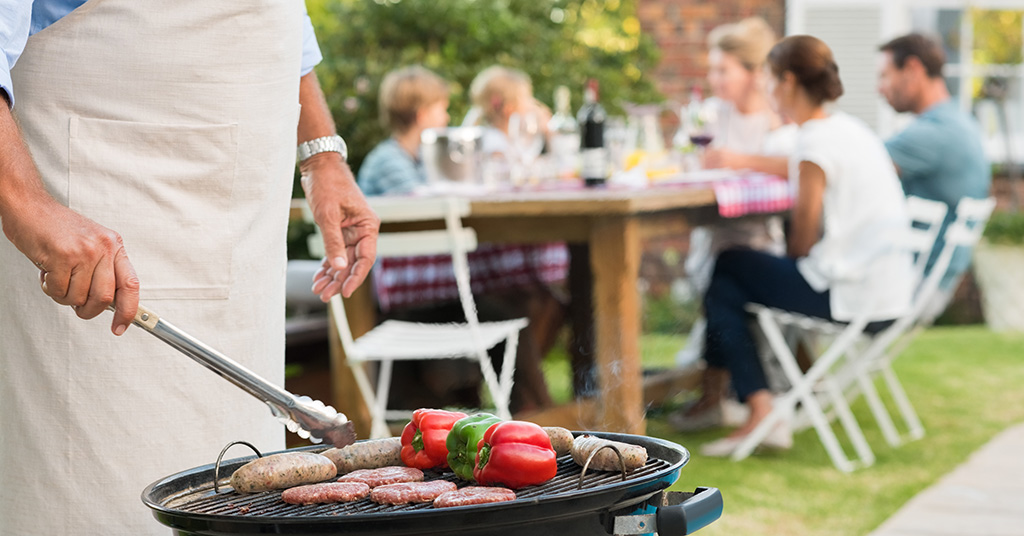Deciding on your next barbeque grill can be overwhelming. With so many different types of designs and heat sources, it can be a real challenge deciding where to spend your hard-earned cash. Whether you’re an avid griller or new to outdoor cooking, we think you’ll find this guide helpful!
Charcoal
Charcoal grills are great because they’re versatile. You can use it as a normal grill for food such as hamburgers and hotdogs or you can use it as a smoker. Charcoal also has a tendency to get hotter than most gas grills. Having that extra heat can allow your food to get a nice sear without overcooking. Cooking over charcoal can also give food a smoky flavor that is hard to recreate on any other grill. The only true downside of a charcoal grill is you have to give the charcoal time to heat up.
Gas
Gas grills are the most common type of grill and are suitable for any level of expertise. Gas allows the grill to heat up very quickly and gives more refined control over cooking temperature. They’re easier to start than a charcoal grill and tend to be less messy as well since you don’t have to handle any coals. If you’re looking for a quick way to cook a steak or a burger, gas is the way to go.
Flat Top
Flat top grills (also called “Griddle Grills”) run on gas, but they’ve got a much larger cooking area. With flat tops, you don’t have to worry about anything falling through the grates. So smaller foods like cut vegetables or meat can be cooked directly on the grill. In addition, due to food having more points of contact with the heated surface, food will get browned more evenly.
Pellet
If you like smokey flavors but don’t want to deal with the charcoal, consider a pellet grill. While still classified as a grill, they act more like a smoker. They are heated by burning wood pellets and blowing hot air over the food being cooked. If you like a good char, look for models with a sear plate that allow the flame to come in direct contact with the food. The best thing about pellet grills is their ease of use. Most models come with temperature probes, ensuring your food comes out perfect every time.
